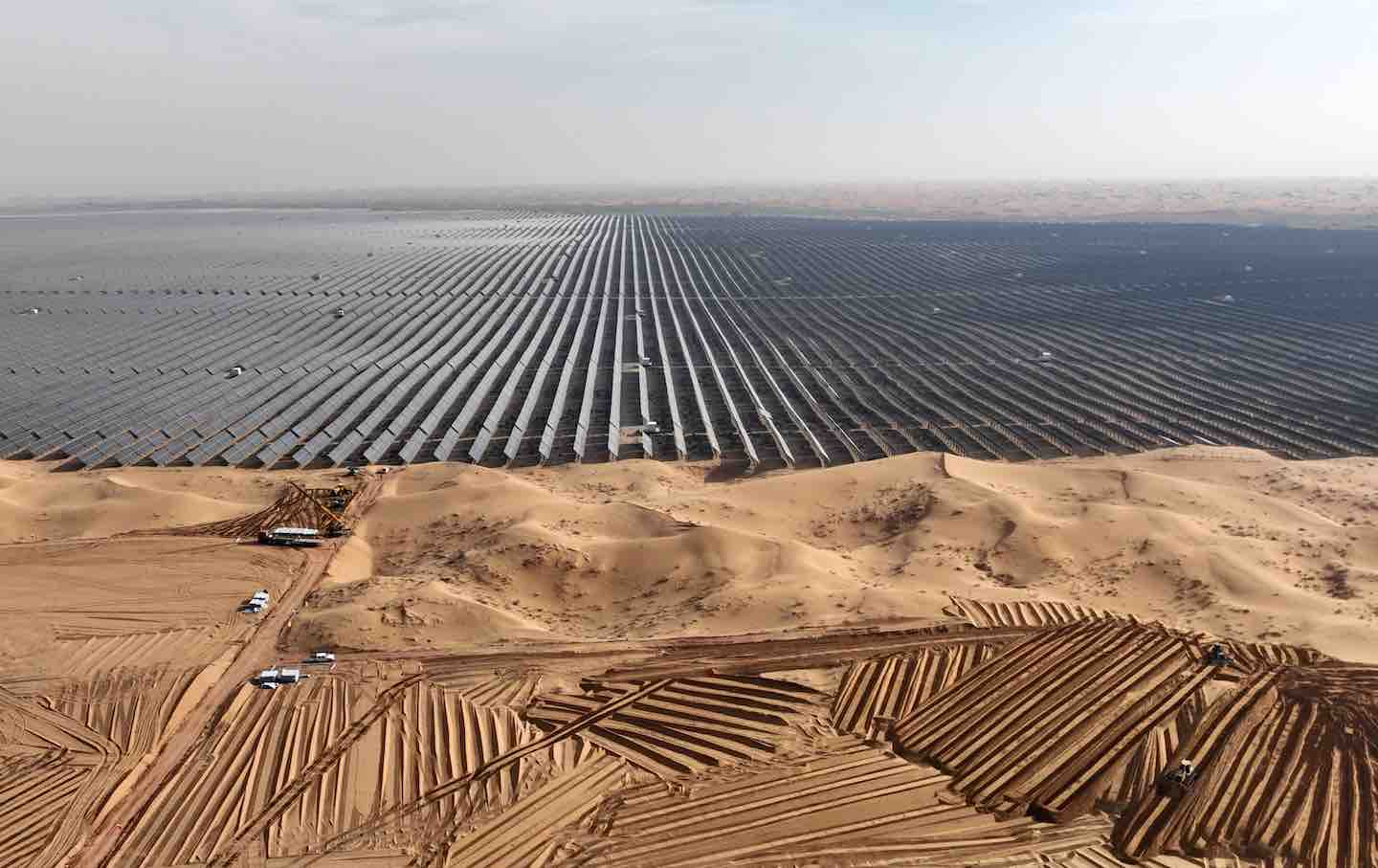
"across three continents to explore the landscapes, social movements, public policies, geopolitical conflicts, and corporate strategies that are shaping the extractive frontiers of the energy transition. With a focus on lithium, she draws, in particular, on over a decade of rigorous research on Latin America's mining and oil sectors. In doing so, she situates the energy transition from fossil fuels to electrification in the context of the long history of colonization, decolonization, the 1970s energy crisis, the 2008 financial crisis, and escalating US-China tensions."
"It simultaneously names a structural impossibility and a real, empirical phenomena we need to analyze, if only to critique it with more precision. It is a contradiction in terms because, as Alyssa Battistoni argues in Free Gifts, capitalism cannot simply internalize its ecological externalities; nonhuman nature is at once the precondition of all production and systematically unvalued-a reality gleaned in the unpaid appropriation of nature's bounty alongside the pollution of the earth's vital systems."
Extractive frontiers across three continents are examined, focusing on landscapes, social movements, public policies, geopolitical conflicts, and corporate strategies that shape the energy transition. Lithium extraction receives particular attention, grounded in more than a decade of research into Latin America's mining and oil sectors. The shift from fossil fuels to electrification is placed within long-term histories of colonization, decolonization, the 1970s energy crisis, the 2008 financial crisis, and escalating US-China tensions. Green capitalism is identified as a structural contradiction because capitalism cannot fully internalize ecological externalities while relying on unpaid appropriation of nature and ongoing environmental pollution.
Read at The Nation
Unable to calculate read time
Collection
[
|
...
]